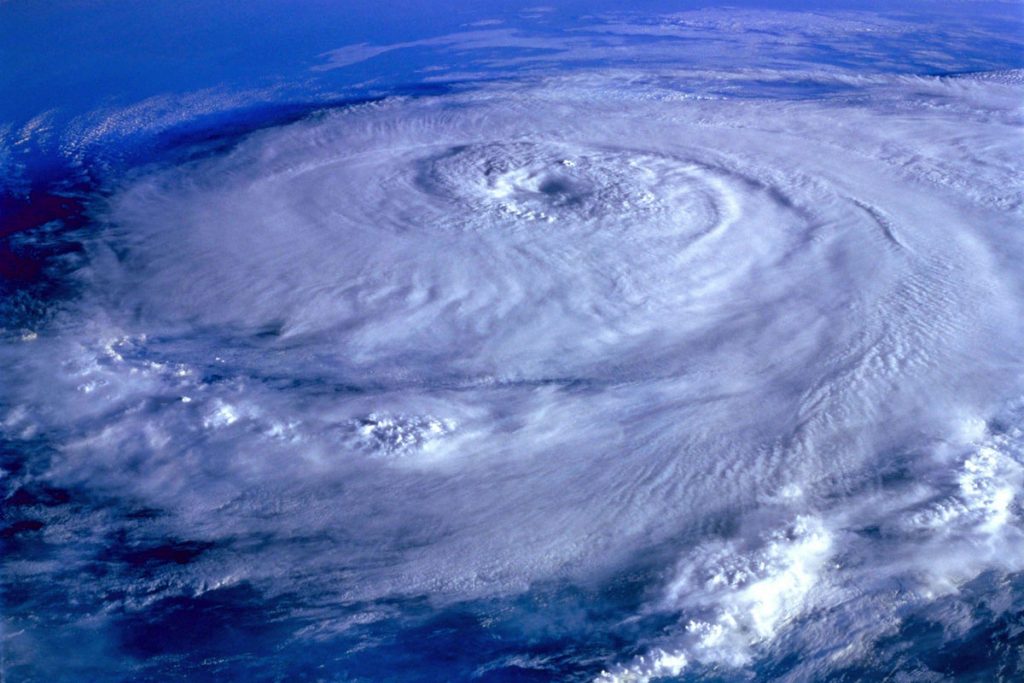The research line is aimed at the study of the atmosphere, the geosphere and the Earth’s surface using innovative multi-sensor and multi-platform detection techniques, and advanced data processing, machine learning and AI techniques to improve knowledge on the main geophysical and environmental phenomena with a view to sustainable development.
The research activities in “Earth Observations” aim at developing and integrating in-situ observation and remote sensing methods and technologies with both active and passive systems for the study of the atmosphere, the geosphere and the Earth’s surface
to contribute to the advancement of knowledge on the main geophysical and environmental phenomena in response to sustainable development objectives. The activities are divided into two fronts: on the one hand, the analysis of geo-environmental processes through multidisciplinary, multi-platform, multi-sensor and multi-frequency approaches, integrating the interpretation of observations with modelling on different spatial and temporal scales; on the other, the management, organization and analysis of large databases and historical series.
The social challenges to which we are called always require new solutions for innovative Earth observation approaches, exploiting data from different sources, equipped with multiple sensors and compatible with different platforms, to identify and analyze short-term impacts (such as extreme meteorological weather events from rapid dynamic evolution) and effects in the medium-long term (such as drought, desertification, land degradation). In this context, new approaches are developed based on the application of advanced signal processing techniques, with particular emphasis on data-driven methodologies (machine/deep learning) and AI to better respond to the numerous questions raised by current environmental problems.



